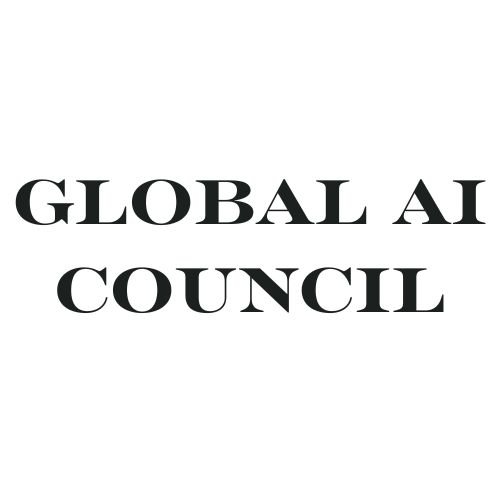OpenAI: A Chronicle of Innovation and Ethical AI Pursuits
OpenAI, a name synonymous with cutting-edge artificial intelligence, has a history deeply rooted in the pursuit of innovation and ethical AI practices. Established in December 2015, the organization's journey has been marked by groundbreaking research, transformative technologies, and a commitment to ensuring the responsible development of artificial intelligence.
Inception and Founding Vision:
Founded by Elon Musk, Sam Altman, Greg Brockman, Ilya Sutskever, John Schulman, and Wojciech Zaremba, OpenAI emerged with a visionary mission. The founders recognized the transformative potential of AI and aimed to ensure that its benefits were shared broadly across humanity. The commitment to building safe and beneficial AI became the cornerstone of OpenAI's ethos.
Early Milestones:
In the early years, OpenAI made waves with its influential research papers and contributions to the field of machine learning. Notably, the introduction of the OpenAI Gym—an open-source toolkit for developing and comparing reinforcement learning algorithms—played a pivotal role in advancing research and fostering collaboration within the AI community.
GPT Series:
OpenAI's journey reached new heights with the introduction of the Generative Pre-trained Transformer (GPT) series. GPT-2, released in 2019, showcased the power of large-scale language models, but it was GPT-3 in 2020 that truly captivated the world. GPT-3, with its 175 billion parameters, demonstrated unprecedented natural language understanding and generation capabilities, sparking excitement and debate about the potential and ethical considerations of such advanced AI models.
Ethical Considerations and Safety:
As OpenAI delved into creating increasingly sophisticated AI models, it remained acutely aware of the ethical challenges associated with AI development. The organization prioritized research on AI safety, emphasizing the importance of building systems that align with human values and minimizing risks associated with unintended consequences.
Democratizing Access:
One of OpenAI's core principles is ensuring that the benefits of AI are accessible to all. In pursuit of this goal, the organization has committed to providing public goods, such as open-source software and research publications, allowing researchers and developers around the world to leverage and contribute to advancements in the field.
Global Collaboration:
OpenAI actively seeks collaboration with other research and policy institutions, recognizing the importance of a collective effort in addressing the global challenges posed by AI. The organization's partnerships and collaborations reflect its commitment to fostering a collaborative ecosystem for the responsible development and deployment of AI technologies.
Looking Ahead:
As we move forward, OpenAI continues to play a central role in shaping the future of AI. The organization's dedication to ethical considerations, safety research, and the democratization of AI aligns with a vision where artificial intelligence benefits humanity at large.
In conclusion, OpenAI's history is a testament to the organization's dedication to pushing the boundaries of AI innovation while prioritizing ethical practices and the well-being of society. As the AI landscape evolves, OpenAI remains at the forefront, actively contributing to a future where AI serves as a force for good.
